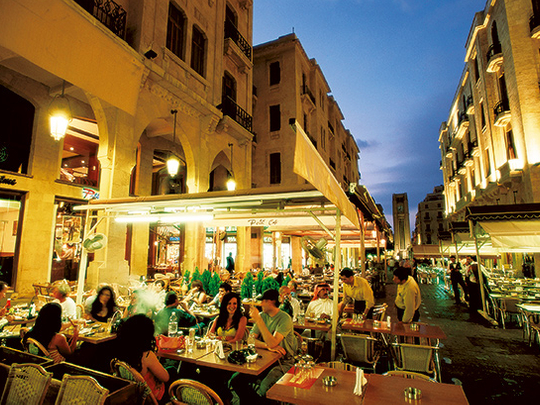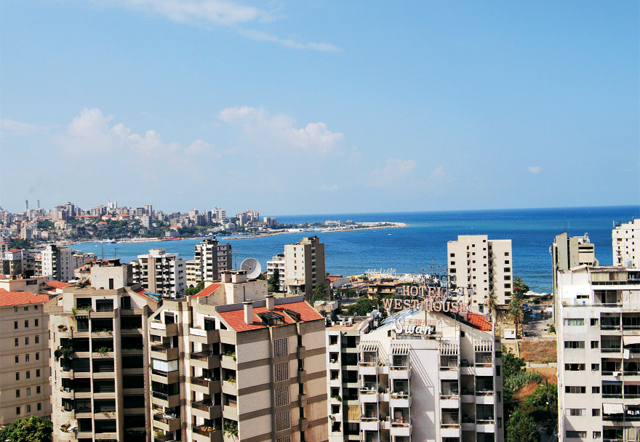
Beirut: As Lebanon continues to grapple over ways to balance country’s ballooning budget deficit, the parliament approved one per cent increase (from 10 to 11 per cent) in VAT on Wednesday, along with five other taxes, including levies on financial transactions, along with a 6,000 Lebanese pounds ($4) tax on the production of each ton of cement.
Proponents of the tax hikes say these steps are necessary to fund a long-stalled new pay scales for government employees which include judges, teachers and military personnel.
The hikes in taxes were opposed by the Phalange and Future parties, which belong to the anti-Syrian March 14 coalition bloc.
Phalange Party chief, Sami Gemayel, said that instead of tackling corruption the government is targeting the citizens’ pockets. He said that such steps will destroy the country’s economy and impoverish the people.”
He warned such moves could spark a “revolution” in the country.
Addressing the parliament, Gemayel pointed out the hypocrisy of his fellow MPs. “How is it possible that the parliament approves multi million-dollar development projects in five minutes while it takes hours to approver $800 million for implementing new pay scales of the government employees,” he said.
While Lebanese have decried the new financial burden being put on their shoulders, they also understand the urgency and importance of increasing the government employees’ wages.
There are 22 other tax hikes being considered by the parliament including levies on company profits from 15 to 17 per cent, a 15 per cent duty on profits from real estate transactions and a 4 per cent fee on the import of kerosene.
The most exuberant tariff, however, is a 500 per cent tax on alcohol, on top of existing rates, which will translate into an increase from 200 Lebanese pounds ($0.13) to 1,000 Lebanese pounds ($0.66) for a litre of wine and champagne, and from 400 Lebanese pounds ($0.26) to 2,000 Lebanese pounds ($1.32) on a litre of hard liquors. Cigarettes and shisha have not included in this tax raise proposal.
Liberals worry that taxes on alcohol could infringe on the country’s liberal policies, which they feel have come under increasing attack.
The biggest worry, however, comes from contemplated hikes on bank deposit fees, which could dissuade investors and Lebanese expatriate workers from sending roughly $7-8 billion in remittances to Lebanon each year.
These tax proposals have been severely criticised by economists, bankers and businesses, all of whom warned that such measures would slow the already-struggling economy that is heavily dependent on the tourism and entertainment industries.













